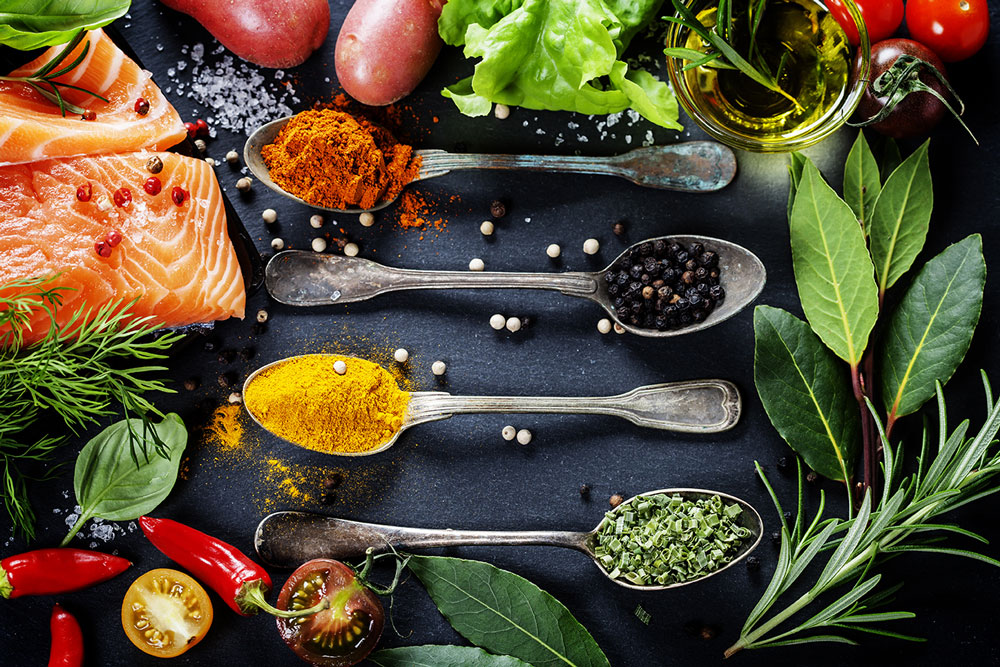 Updated on: November 24th, 2022 10:03 AM
Updated on: November 24th, 2022 10:03 AM
FSSAI Third Amendment Regulation-2017
Food Safety and Standards Authority of India (FSSAI) has informed the Final Food Safety and Standards (Food Product Standards and Food Additives) Amendment Regulation, 2017, in the official gazette of India concerning microbiological requirements for fish and fishery products. The article reviews the Final Food Safety and Standards (Food Product Standards and Food Additives) Amendment Regulation, 2017.Synopsis of FSSAI Third Amendment Regulation 2017
This regulation lays down revised microbiological necessities for sea foods. It covers new varieties of fish and fisheries products, maximum allowable limits of hygiene indicator organisms, and safety indicator organisms in a wide range of fish and fishery products and other food items, namely oils, fats, oats, and pasta. In adding up, the regulation also mentions the sampling plan and reference test methods for microbiological limits. These standards have been finalized after consideration of the comments obtained from stakeholders in this regard and shall come into force on 1st January 2018. The revised microbiological standards are aimed at guaranteeing the quality and food safety of seafood produced in the domestic market.Role of FSSAI
Through a notification dated 10 October 2016, the FSSAI has made changes to the Food Safety and Standards (Food Products Standards & Food Additives) Regulations, 2011, concerning ‘Proprietary Foods,’ the existing regulation 2.12.1 has been altered and substituted with the new one. The FSSAI has considered the objections and suggestions it had invited from the public on 27 April 2016 on the draft regulation and has made this alteration. These regulations will be considered Food Safety and Standards (Food Products Standards and Food Additives) Ninth Amendment Regulations, 2016. Food Business Operators must fulfill the amended regulations by 1st July 2017. FSSAI has come clean on the definition of proprietary food by offering the details of what is not to be integrated as proprietary food. Proprietary foods will therefore include foods that have not been standardized but will NOT include new foods for special dietary usages, for particular medical purposes, practical foods, nutraceuticals, health supplements, or any such food articles that the Central Government may inform on this behalf.Other Amendments
The FSSAI goes on to mention that any deviation in quality parameters of a standardized food, as specified in the Food Safety and Standards Regulations under the FSSA, does not imply that the resulting product is a proprietary food. Other than additives, other ingredients utilized in proprietary foods must either be standardized or permitted for usage in preparing other standardized food under these Regulations. However, FSSAI may specify the exclusion of definite ingredients from time to time. Proprietary food may also have vitamins and minerals in quantities not above one RDA of the relevant micronutrients. Only those additives at the levels mentioned in Appendix A of these Regulations may be used in propriety foods and according to the grouping and subcategory of foods they are mentioned in. FSSAI has also made it compulsory to mention on labels the food category or sub-category with the generic name, nature, and composition of the proprietary food, namely oils, fats, oats, and pasta. Other foods relevant to Safety and Standards (Food Product Standards and Food Additives) Amendment Regulation, 2017- Chilled/Frozen Crustaceans comprises clean, whole, or peeled crustaceans (shrimp/prawn, crabs, and lobster), which are in raw, chilled, or frozen condition and handled in agreement with good manufacturing practices.
- Chilled/Frozen Cephalopods include cleaned, whole or de-skinned cephalopods (squid, cuttlefish, and octopus), which are either raw, chilled, or frozen condition and handled following good manufacturing practices.
- Live Bivalve Molluscs include Oysters, Clams, mussels, scallops, and Abalone, which are alive instantly before consumption. The presentation includes the shell. Live bivalve mollusks are harvested alive from a harvesting area, whichever is approved for direct human consumption or classified to authorize harvesting for an accepted method of purification, like relaying or depuration, earlier to human consumption. Relaying and depuration must be subject to suitable controls implemented by the official agency with jurisdiction.
- Chilled/Frozen Bivalves comprise clean, whole, or shucked bivalves that are life either in chilled or frozen condition and handled in agreement with good manufacturing practices. This product category comprises filter-feeding aquatic animals such as oysters, mussels, clams, cockles, and scallops.
- Frozen-cooked Crustaceans or Frozen heat-shucked Mollusca means clean, whole, or peeled crustaceans cooked at a defined temperature and time.
Popular Post

In the digital age, the convenience of accessing important documents online has become a necessity...

The Atalji Janasnehi Kendra Project that has been launched by the Government of Karnataka...

The Indian Divorce Act governs divorce among the Christian couples in India. Divorce...

When an individual has more than a single PAN card, it may lead to that person being heavily penalised, or worse,...

Employees Provident Fund (PF) is social security and savings scheme for employee in India. Employers engaged...


